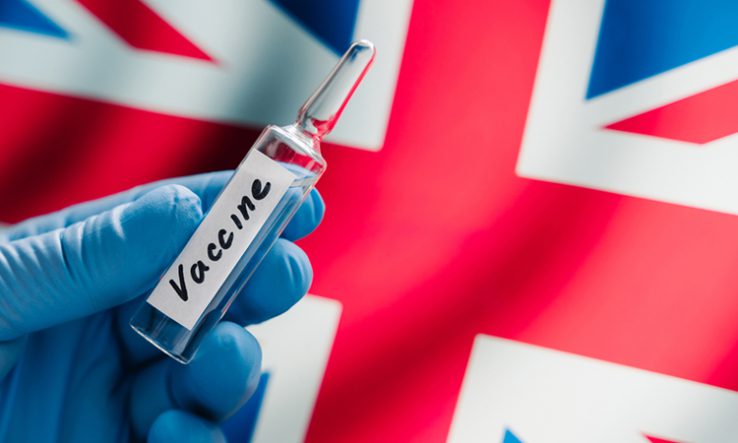
Business and health departments ‘not making an annual vaccination plan’ beyond 2021 at the moment
The UK government has been praised for ordering millions of doses of several Covid-19 vaccines early in 2020, putting it at the forefront of the world’s vaccination drive.
But it has emerged that the nation currently has no long-term plans for vaccines beyond this year.
The news comes as an international row over vaccine deliveries has shone light on different nations’ supplies of Covid-19 vaccines and as some suggest the UK should donate vaccine doses to other nations.
Asked about timings for any vaccinations next year, Sarah Munby, permanent secretary at the Department for Business, Energy and Industrial Strategy (BEIS), said: “We are not making an annual vaccination plan now, because we don’t know that it is necessary and we don’t need to yet.”
Munby told the House of Commons Public Accounts Committee that the UK has ordered 367 million doses of Covid-19 vaccines.
If all those different vaccines are approved by medical regulators, “we would have more than enough to revaccinate everybody next year if we wanted to…we have got time in hand”, she said.
Wait and see
Chris Wormald, permanent secretary at the Department of Health and Social Care, told the committee that there were “unknowns” that will affect the future vaccination scheme, including how the virus evolves.
“So while we will be wanting to plan for the future, we will want to do so when the right information is available on all those issues,” he said. “Once you have a base vaccine, creating alternative versions of that vaccine for new variants is considerably easier, as we do every year with flu.”
Limited foresight
The committee was also told that there is no detailed timetable of vaccine deliveries to the UK that goes beyond a few weeks.
“We have detailed supply schedules right up until the end of February, and we are getting increasingly confident about the schedules for March, as well, at the moment,” said Nick Elliott, former director general and SRO of the Vaccine Taskforce at BEIS Strategy.
“These things crystallise and get more granular as we get closer to the delivery point, and we are working on a daily basis with each of the suppliers.”
Bingham added that the timing of supplies and of deliveries have been agreed with vaccine companies “without any of those vaccines being fully scaled to their commercial scale and amount, because we are right at the front and right at the beginning”.
But, amid a huge row with the European Union over its stance that the UK is getting more than its fair share of doses, she added: “What we do know is we are getting our share of the vaccines: we are absolutely getting the vaccines that are available which we have for the UK.”
Experts contacted by Research Professional News acknowledged scientific uncertainties but said the government should be planning ahead.
“If this Covid-19 pandemic has taught us anything, one key lesson has to be the importance of preparedness,” Michael Head, senior research fellow at the University of Southampton.
“Even amid the firefighting of current outbreaks, it is important that decision-makers have half an eye on the future.
“Therefore, issues such as vaccination updates and rollouts are going to be important. It would be useful to have clarity as to who would be overseeing that planning. It may be a government department, the NHS or a specially-created taskforce or expert advisory group.”
One of the outstanding scientistic questions is “that until we have mass vaccination we won’t really know for a few months if we need to keep tweaking the vaccines like we do for flu”, said David Matthews, reader in virology at the University of Bristol.
But he added: “It would be prudent to explore now, on paper at least, how, for example, we ask/plan for reformulated vaccine and its manufacture so we can vaccinate again this coming winter.”
“I would imagine that the main vaccine players are already looking at what could be done, i.e. how quickly can we change vaccine,” he said. “I guess the question is also one for [the medicines regulator] to decide what they will accept if we need to change the vaccines i.e. is this reformulation and no need for a new phase I, II and III clinical trials.”